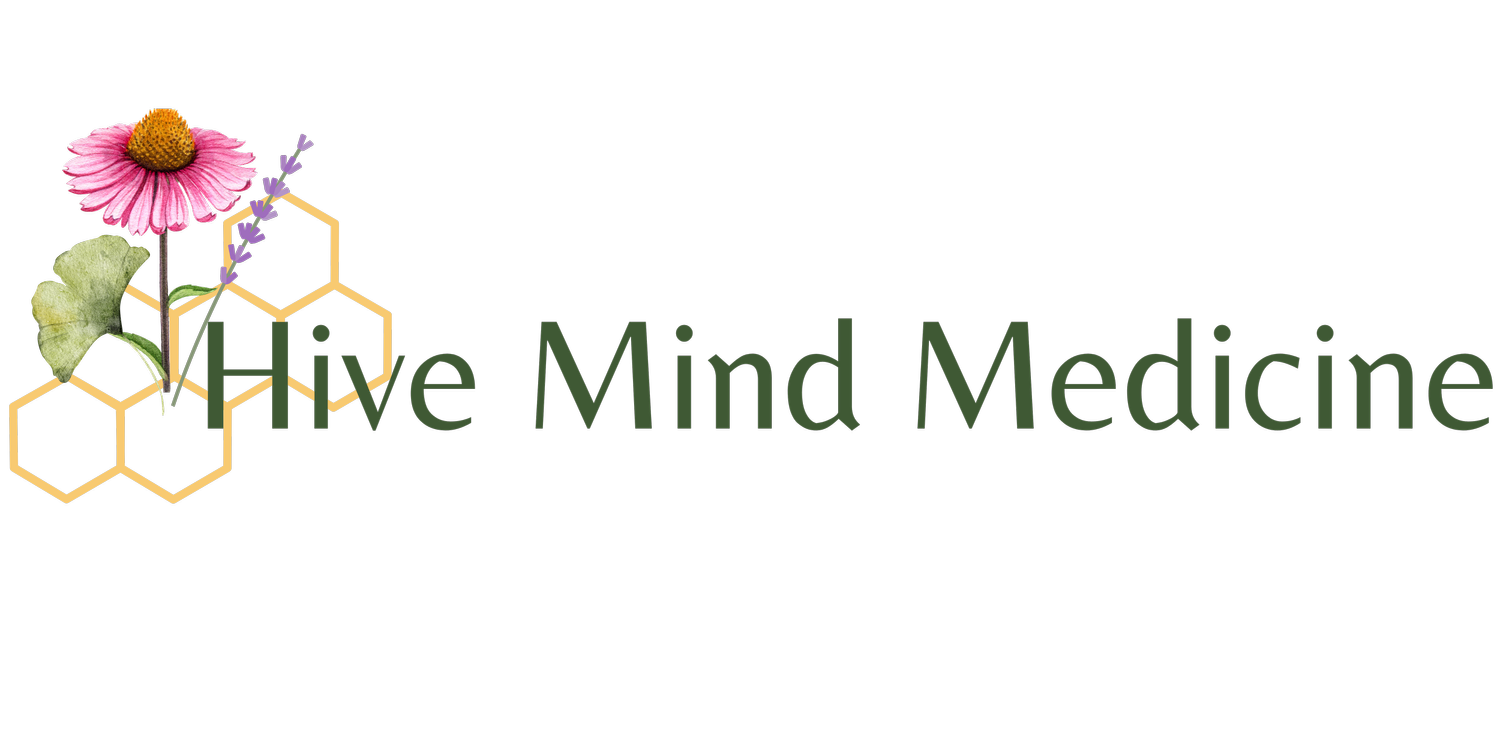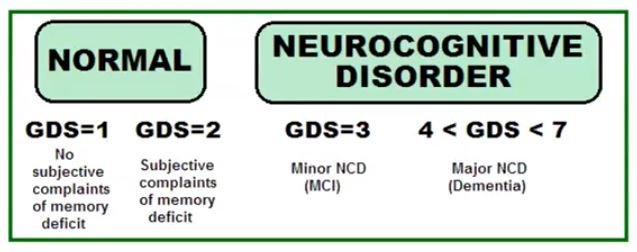A reliable predictor of cognitive decline?
by Kayle Sandberg-Lewis, LMT, MA, BCN-Fellow
A few weeks ago, I wrote about the mixed attributes of Theta waves. There’s another piece regarding Theta I failed to report.
In a study done by Princhep, et al, healthy folks (bloodwork and psychiatric evaluations within norms) over 60 years old were given an assessment called the GDS – Global Deterioration Scale.
Scale for assessing neurocognitive decline.
The GDS is a way for clinicians and researchers to evaluate cognitive decline. Those who score a 2 on the GDS may report concerns about memory loss - “I forgot where I parked the car” - but there are no other indicators of decline.
The researchers gave those who scored 2 or lower on the GDS – a total of 44 people - a quantitative electroencephalogram, also known as a qEEG or simply Q – an assessment I administer here at Hive Mind. Ten years later the same people were reassessed with both the GDS and the qEEG.
Seventeen of the group of 44 still scored 2 or lower on the GDS while 27 scored higher, meaning they were showing clinical signs of dementia. When the Qs were compared, a difference between the two groups became clear. The 27 people who were in obvious decline had all exhibited excess Theta ten years earlier. Of the 17 who remained cogent, none had had the excess Theta.
Then the researchers became proactive, working with another group of at-risk elders – people who met the previous criteria of good health and only mild memory complaints but who had high Theta in their Qs. They divided the group in two and gave one set of people neurofeedback to “down train” or discourage too much Theta. The other set received “sham” feedback, meaning they didn’t get Theta down protocol. Each person received a total of 30 thirty-minute sessions.
The results were impressive. The group receiving actual Theta down training maintained their cognitive capabilities in followups that occurred at two months and one year while the group receiving sham feedback did not fair as well cognitively. The researchers wanted to extend the followup for another year but the folks in the sham feedback group were not interested in continuing.
There are a few factors that can contribute to increased Theta activity such as poor sleep and increased anxiety, so approaching excess Theta from several fronts is advisable, and neurofeedback seems a warranted component.
Prichep LS, John ER, Ferris SH, Rausch L, Fang Z, Cancro R, Torossian C, Reisberg B. Prediction of longitudinal cognitive decline in normal elderly with subjective complaints using electrophysiological imaging. Neurobiol Aging. 2006 Mar;27(3):471-81. doi: 10.1016/j.neurobiolaging.2005.07.021. Epub 2005 Oct 6. PMID: 16213630.
Kayle Sandberg-Lewis holds a M.A. in Behavioral Medicine, the study of how what we do in our daily lives affects our well-being. She has over three decades experience in stress management and is board certified in neurofeedback, which she introduced to her practice in 1996.
Hive Mind Medicine blog posts are for educational purposes only and are not intended as medical advice. Please consult with your health care practitioner for personalized guidance.

